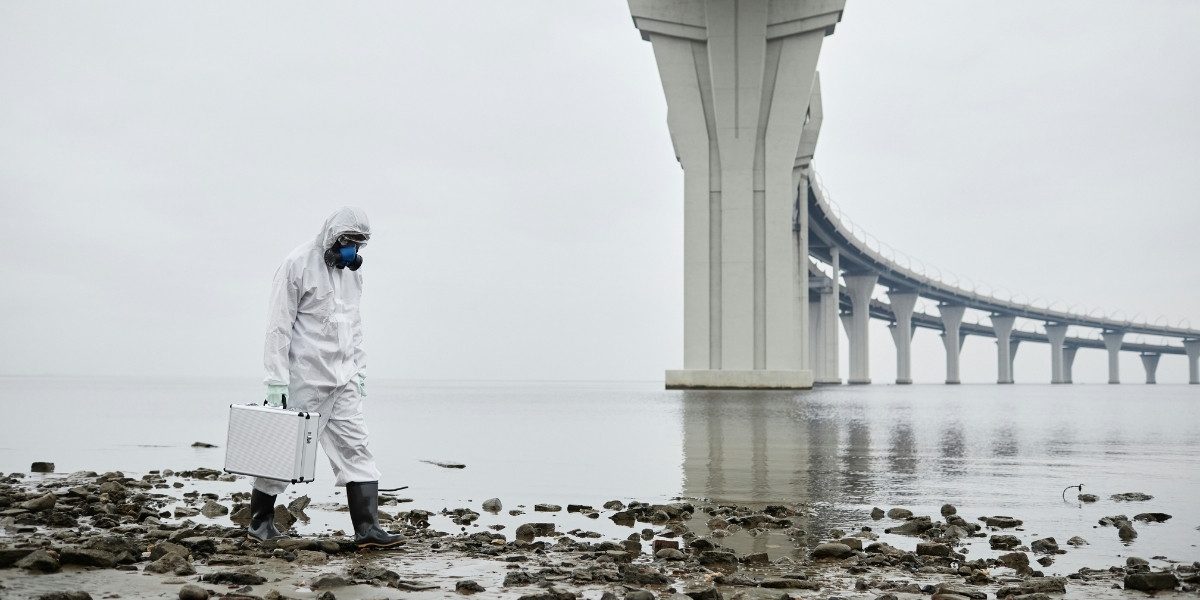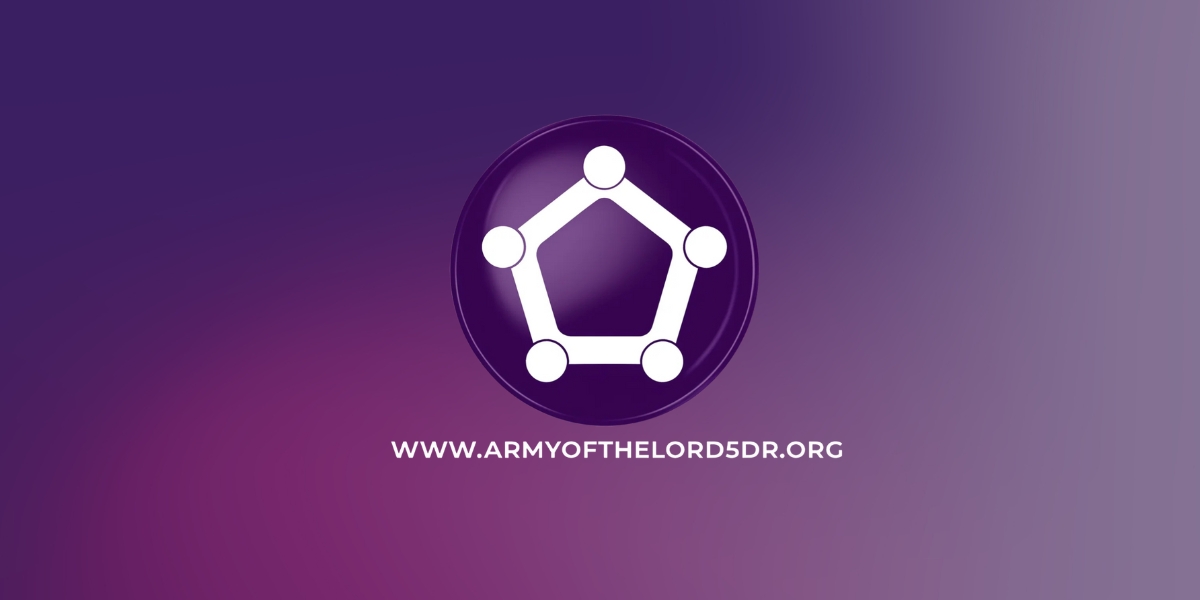Crisis Leadership: Navigating Uncertainty with Clarity and Strength
Periods of uncertainty test the core of leadership more than any ordinary challenge. In times of crisis, organizations look to their leaders not just for answers, but for confidence, direction, and resilience. Whether it’s a global pandemic, economic collapse, or organizational upheaval, effective leadership during crisis can determine whether teams adapt and grow—or falter.
This explores what it takes to lead effectively during moments of unpredictability. From emotional intelligence and decision-making to communication and adaptability, crisis leadership demands a unique blend of strategy, presence, and trust-building. By understanding the essential qualities and actions that define successful leaders in turbulent times, organizations can better equip themselves for the unexpected.
Read Also: Understanding US Labor Rights and Union Activities
What Defines Crisis Leadership?
Crisis leadership goes beyond managing chaos—it involves guiding people through ambiguity while reinforcing purpose and stability. Unlike traditional leadership, which thrives in structured environments, crisis leadership emerges in disrupted landscapes. What distinguishes effective crisis leaders is not the absence of fear or doubt, but their ability to channel clarity and composure when it matters most.
In these moments, leadership is not about titles or authority; it’s about presence, decisiveness, and empathy. The individuals who step up in such moments are those who can both acknowledge uncertainty and still mobilize others toward action.
Core Qualities of Leaders in Times of Crisis
Strong crisis leadership is rooted in several critical traits that allow leaders to make sound decisions, maintain morale, and keep organizations aligned under pressure.
Emotional Intelligence
During a crisis, emotional responses often intensify. Leaders who can regulate their emotions and understand the reactions of others are better equipped to maintain stability. Emotional intelligence enables leaders to stay grounded, demonstrate compassion, and foster trust—even when outcomes are unknown.
Empathy is especially important. Leaders who can connect with their teams on a human level, acknowledging fears while reinforcing resilience, tend to inspire confidence. This builds the psychological safety necessary for people to function effectively in high-stress environments.
Decisiveness Amid Incomplete Information
A defining challenge of crisis leadership is making decisions when data is lacking, timelines are compressed, and the stakes are high. Indecision or hesitation can be more damaging than the wrong call. The most effective leaders understand that not every decision will be perfect—but they act with intention, take responsibility, and remain willing to course-correct as new information emerges.
Decision-making in crises often requires balancing risk and speed. Leaders must assess short-term implications while keeping long-term stability in mind. The ability to act with clarity, despite ambiguity, is a hallmark of effective crisis navigation.
Communication that Cuts Through Noise
In uncertain times, silence from leadership can amplify anxiety. Effective crisis leaders communicate early, clearly, and often. They prioritize transparency, acknowledging the unknown while articulating the path forward.
This does not mean over-promising or presenting false optimism. It means telling the truth with compassion and consistency. Employees want to hear that their leaders are aware, engaged, and making thoughtful decisions—even if answers are still developing.
Leaders should also tailor communication to multiple audiences—staff, partners, customers—ensuring that messaging is relevant and credible. Active listening also plays a key role, as feedback from the front lines can inform both tactics and morale.
Adaptive Thinking: Leading Through Evolving Challenges
No two crises are the same. Flexibility is essential for navigating complexity, especially when conditions shift rapidly. Adaptive leaders understand when old strategies no longer apply and are open to revising their approach in real time.
This kind of flexibility does not imply unpredictability; rather, it reflects a willingness to evolve based on emerging insights. Leaders who encourage experimentation and iterative problem-solving often foster innovation even under pressure.
This also means empowering others to lead from where they stand. Decentralizing control and giving teams space to act can accelerate responsiveness. When team members feel ownership over solutions, collective resilience grows.
Building Trust and Culture During Uncertainty
A crisis can fracture organizational cohesion—or strengthen it. Leaders have an opportunity to shape culture through their response. Demonstrating integrity, consistency, and care builds long-term trust, which becomes the foundation for recovery.
In practice, this means upholding values even when it’s inconvenient. It means recognizing individual contributions and supporting teams holistically—not just as employees, but as people navigating their own challenges.
Strong cultures don’t happen by accident. They are built through daily actions, especially in moments of adversity. Leaders who invest in people, communicate openly, and align behavior with purpose reinforce the collective strength of their organization.
Planning for the Unknown: Preparedness as a Leadership Asset
While crises are often unpredictable, preparation improves outcomes. Leaders who develop contingency plans, scenario models, and communication protocols in advance are better positioned to respond effectively when disruption occurs.
Preparedness is not about predicting every outcome—it’s about building systems that allow for agility. This includes training teams to respond under pressure, identifying critical vulnerabilities, and maintaining a network of advisors for diverse perspectives.
Organizations that view crisis readiness as part of long-term strategy, rather than a short-term reaction, tend to weather storms with greater confidence and less disruption.
Read Also: How Infrastructure Resilience Helps Us Adapt to Extreme Weather
Leadership That Endures Beyond the Crisis
True leadership reveals itself when the path ahead is unclear. In moments of uncertainty, those who lead with empathy, integrity, and agility become the steady force that teams rally behind. Crisis does not just test leadership—it defines it.
The most enduring leaders use these periods not just to survive, but to transform. They emerge from challenge with deeper insight, stronger relationships, and renewed purpose. By committing to transparency, decisiveness, and emotional intelligence, leaders can guide their teams through complexity—and into the clarity that lies beyond it.








